On November 17, the Artificial Intelligence in the Liberal Arts Initiative, in collaboration with the Mead Art Museum, hosted an exhibition and panel called “Discussing Dall-E: The Impact of AI on Art.” The panel was moderated by Professor Lee Spector, and it featured Professor Yael Rice from the Art Department and Professor Scott Alfeld, Professor…
AI, Art, and Amherst College
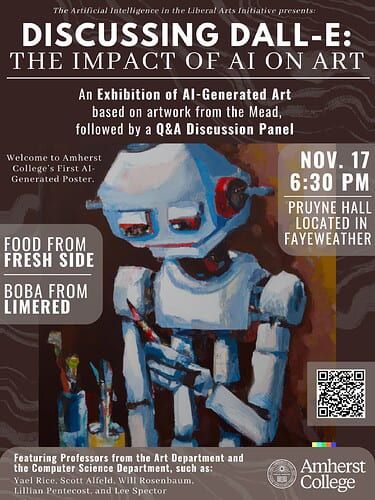
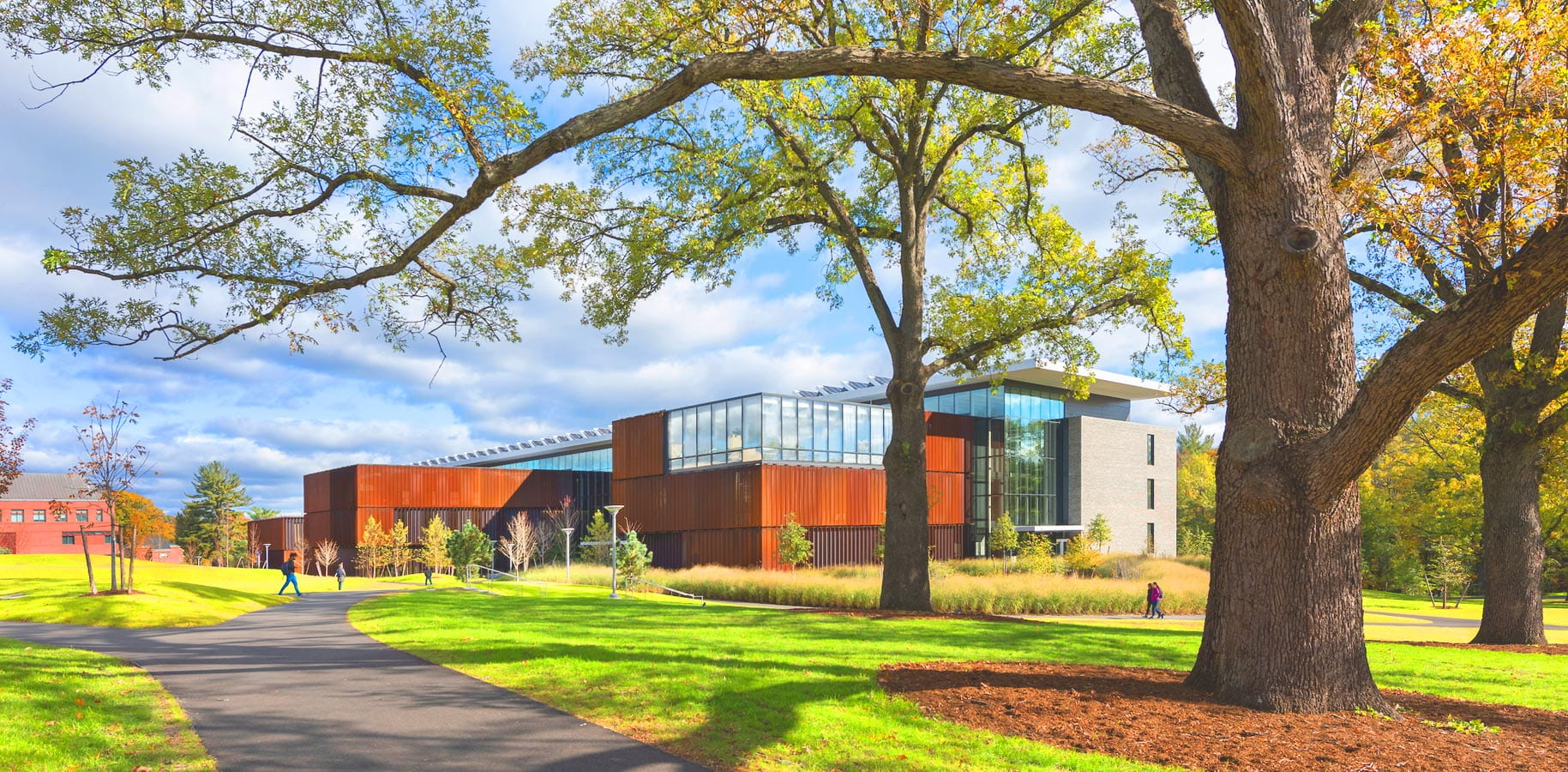

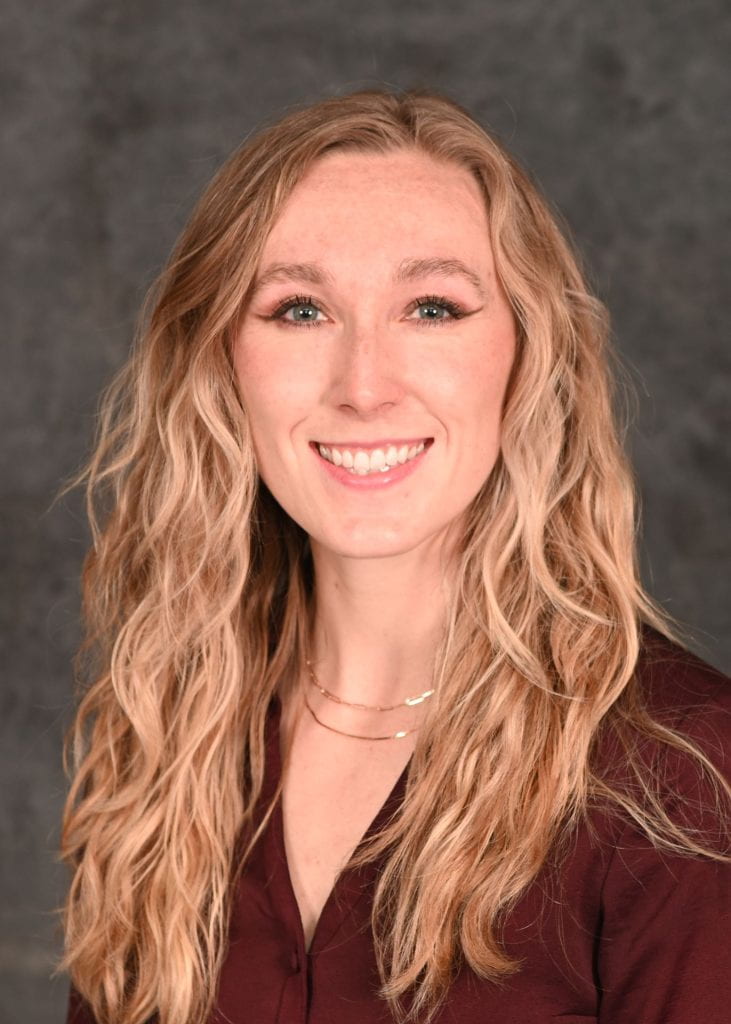
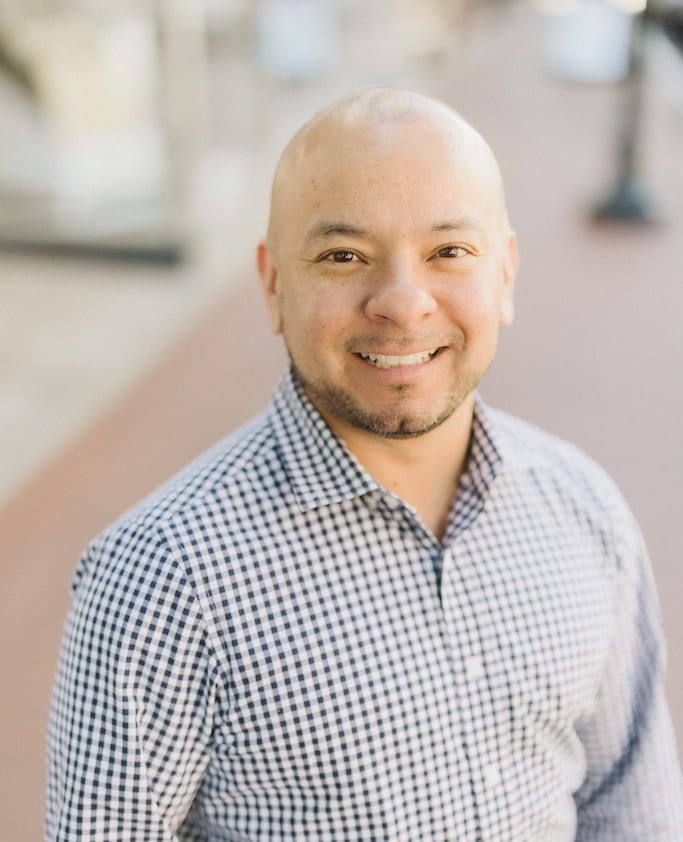
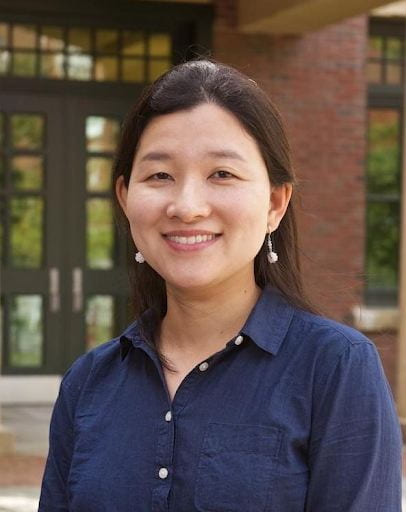
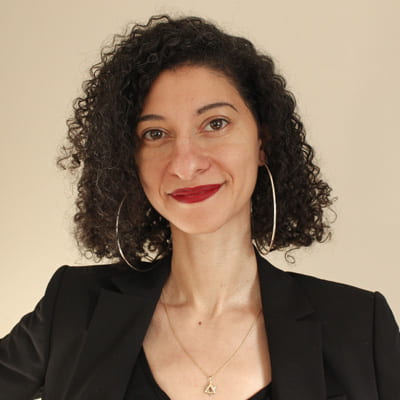
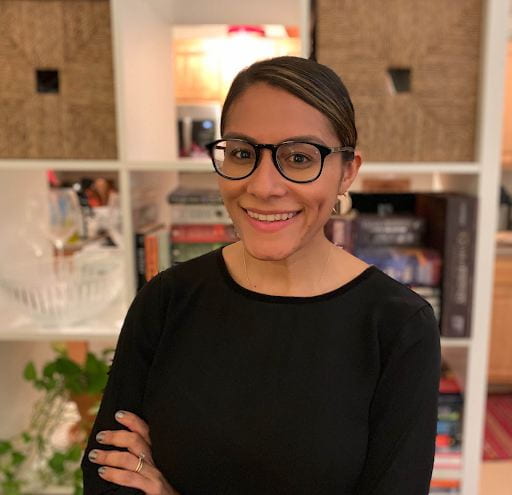
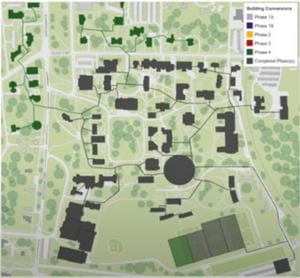
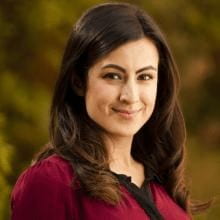

You must be logged in to post a comment.